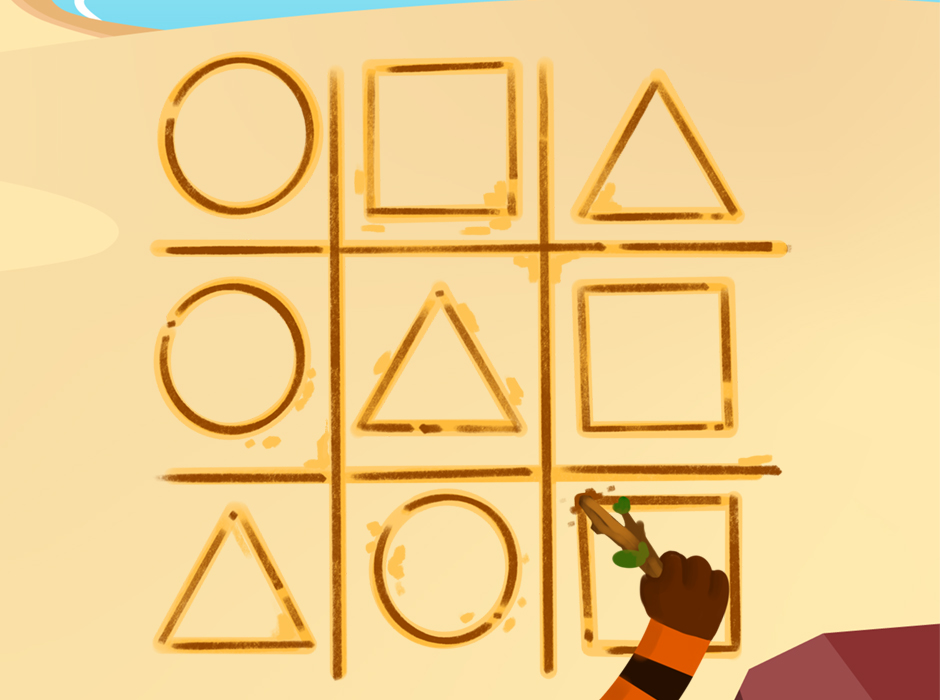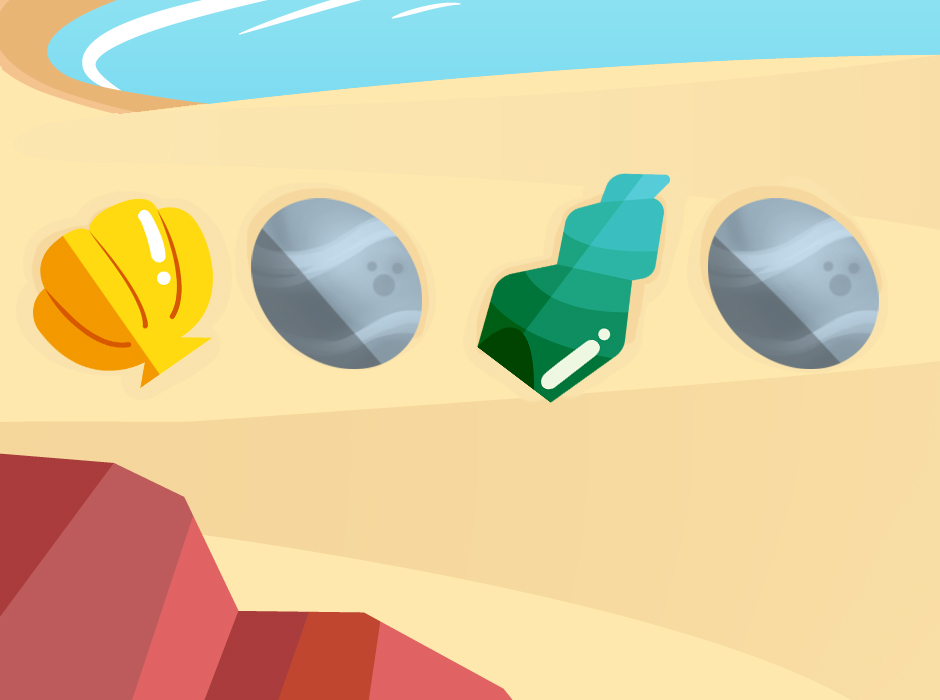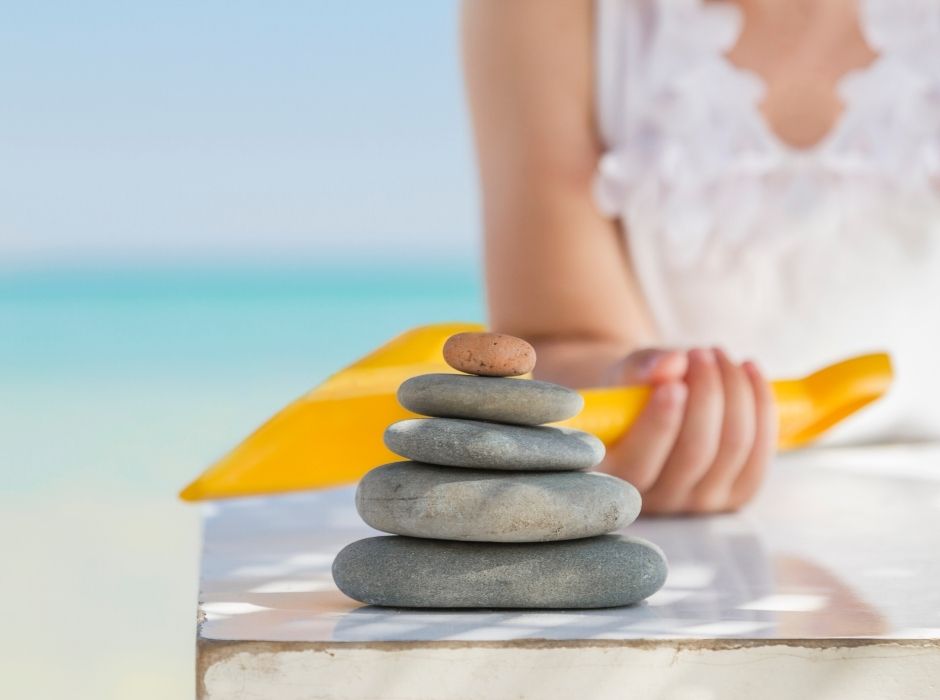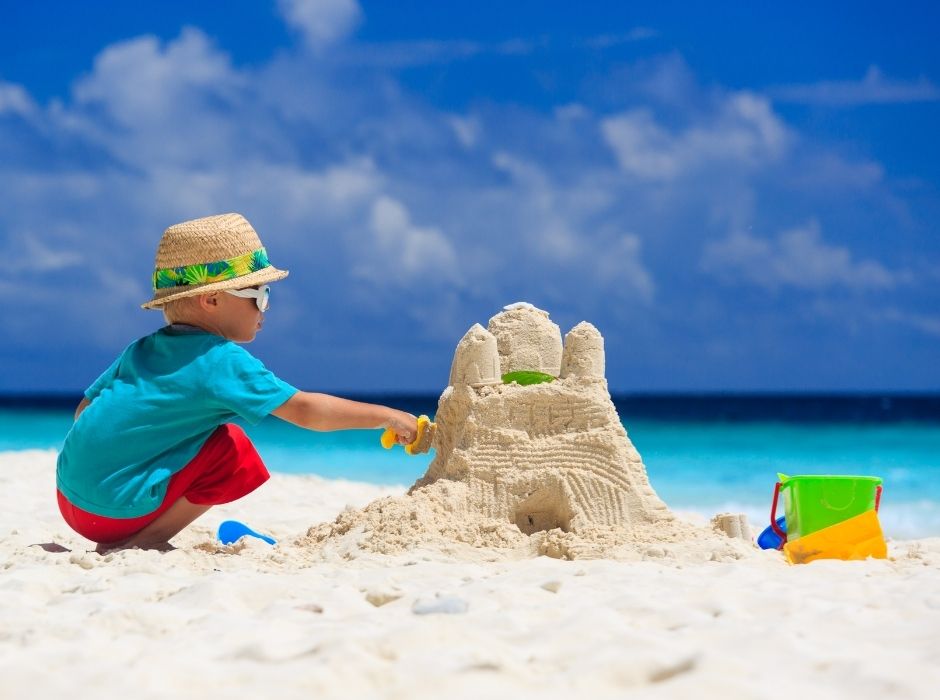What can you do at the seaside with 2-6-year-old children? Here is a list of fun and educational games to try at the beach.
We all know what it means to go to the beach with children: lots of fun and games, amusing scenes to photograph, but also not-so-relaxing moments, a thousand bags to carry and many, many “childish” situations to manage. 🙃
In some situations, we need a diversion to entertain our kids, and there is nothing better than wonderful educational games! After all, who said that learning only takes place in schools?
Indeed, if it’s true that science is everywhere, then you’ll find it at the beach too! From observing marine life to understanding wave patterns, the beach offers a natural laboratory for curious young minds. Moreover, these educational activities can turn a potentially chaotic beach day into an enriching experience for both parents and children.
Here are some games you can do at the beach that children will love and that hide a scientific concept to be discovered.

Choose objects of different shapes – like sand moulds, for example – hold them in your hand and observe the shadows in the sand together. First, the shadows can be drawn with a stick. Then, if you put the shape away, you will see the strange forms that emerge! Next, you can explain to your child how shadows work or simply observe their surprised look when they see that the shadow on the sand is very different from the shape of the object they had chosen.
This game not only entertains but also trains their visual perception. Furthermore, it introduces basic concepts of light and shadow, fostering early scientific thinking. Additionally, the act of drawing in the sand helps develop fine motor skills and spatial awareness.
This game is perfect for two or more people: little brothers and sisters, uncles, parents and grandparents, anyone can play it! First, mark a start and finish line in the sand. Next, place a glass full of water on your head (or in your hand if your child is too small) and start walking. The winner is the person who covers the most distance without spilling the water.
This game trains proprioception, which is our ability to know the position of our body in space and to stay balanced. Moreover, it encourages focus, coordination, and body awareness. Additionally, this activity can be easily adapted for different age groups, making it a versatile option for family beach fun.
Choose a toy, a stone or a shell and hide it under the sand not too far from you. Then draw the path to find it on a sheet of paper, perhaps embellishing it with funny drawings of everything around you, then help the child to follow the path.
This game will help train visual attention, reasoning and stimulate your child’s intuition.
With a stick, draw shapes in the sand which are all fairly close together, e.g. make a grid consisting of:
The child has to walk only on the circles or only on the squares etc. with both feet or hopping on one foot if it is not too small.
As a result, this game will develop your child’s knowledge of shapes and motor skills. Moreover, it enhances cognitive abilities by requiring quick decision-making and pattern recognition. Additionally, the physical aspect of the game improves balance and coordination, making it a well-rounded activity for both mind and body development.

Take some ice with you and show your child what happens during the day: it melts and then evaporates. This simple experiment introduces basic concepts of thermodynamics and state changes. First, observe the solid ice. Then, watch as it transforms into liquid water. Finally, notice how the water gradually disappears as it turns into vapor. Throughout the process, encourage your child to touch and feel the different states, fostering a hands-on learning experience about the water cycle and temperature effects.
Collect rocks and shells, then arrange them in a certain sequence, e.g. rock, shell, rock, shell and leave an empty space at the end. The child must complete the sequence. As you go on, you can make more and more complex sequences.
This is a coding game for children and it stimulates logical reasoning. Moreover, it introduces fundamental concepts of pattern recognition and algorithmic thinking. By gradually increasing the complexity, you can adapt the game to your child’s skill level, ensuring continuous challenge and learning. Additionally, this activity combines natural elements with cognitive development, making it an engaging way to connect with the beach environment while honing problem-solving skills.
Make up a sequence, but deliberately miss one of the points: the child has to correct it by removing the wrong element and replacing it with the correct one.
This game is also good training for logic. Furthermore, it enhances critical thinking skills and attention to detail. By identifying and correcting errors, children develop problem-solving abilities and learn to question assumptions. Additionally, this activity fosters confidence in decision-making and improves memory retention as they recall and apply pattern rules. The hands-on nature of manipulating objects also aids in developing fine motor skills.

The last coding game: collect stones and shells and ask the child to divide them into sets, e.g. all the shells in one bucket and the stones in another. Then separate those of similar shape and size or sort them by color.
Choose a shell or a stone and ask your child to look for a bigger or smaller one. This game will train their visual memory and perception of size.

OK, you’re thinking: “Oh yeah, what a great discovery!”. But actually, building sandcastles trains children’s manual and creative skills and leads to the discovery of the concept of gravity and the physical relationship between sand and water.
